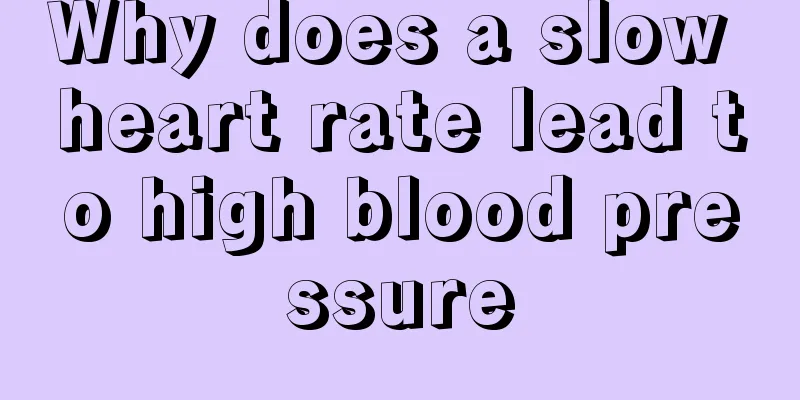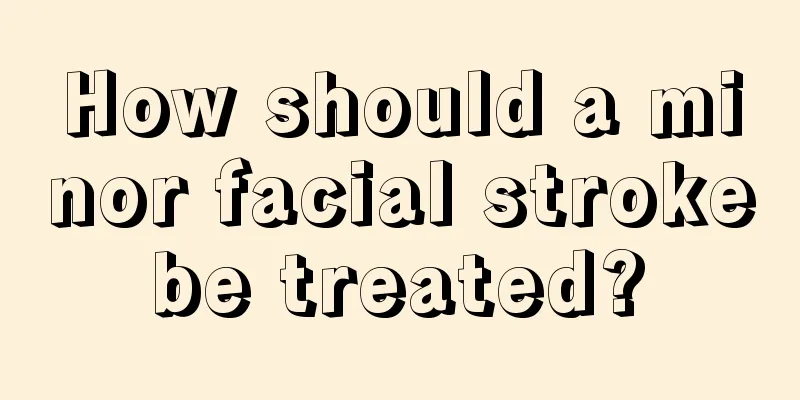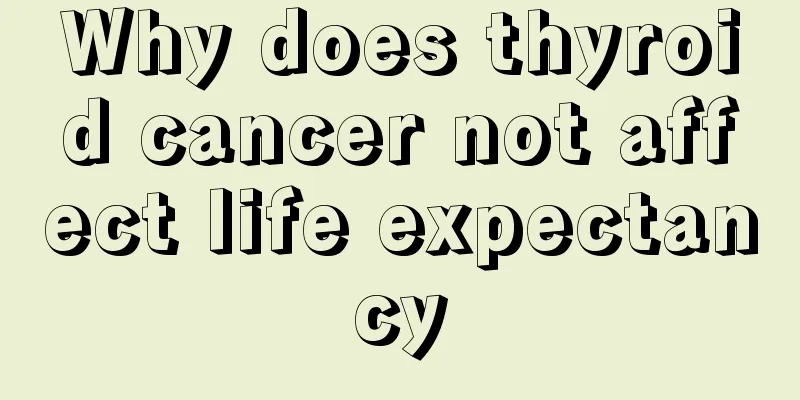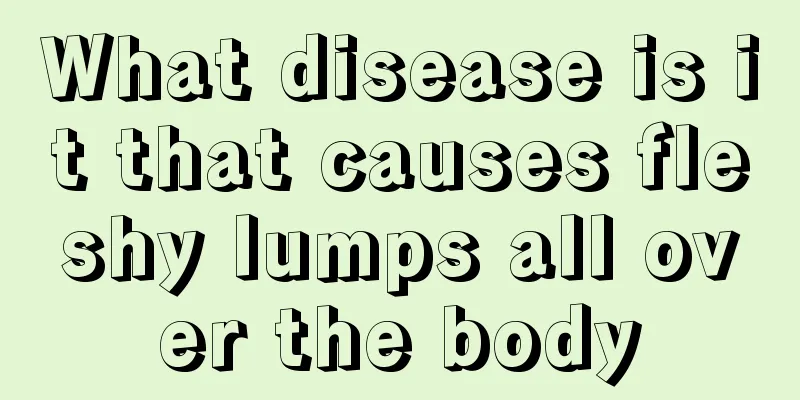Why does a slow heart rate lead to high blood pressure

|
If you have a bad heart, you must pay more attention to rest and avoid strenuous exercise. Otherwise, not only will your heart rate increase, but it will also cause high blood pressure. Whether it is high blood pressure or heart disease, it will endanger people's physical health and even threaten people's lives when it is serious. Therefore, we must develop good living habits and try to stay away from these diseases. We should look at this issue in this way. First of all, under normal circumstances, heart rate and blood pressure are two different physiological indicators and have no direct connection. Only under special circumstances will the two affect each other. There are three main factors that affect blood pressure: the output of the heart each time it contracts, the total volume of blood, and the resistance of blood vessels to blood flow, which has nothing to do with heart rate. Under normal circumstances, a person's heart rate is between 60 and 100 beats per minute. If the heart rhythm is normal within this range, it will not affect blood pressure, let alone cause hypertension. We know that our heart rate will increase during daily exercise so that the heart can pump more blood to meet the needs of the body, but at the same time, the blood flow rate will also increase, so the blood pressure will not change much. However, when suffering from certain diseases, such as arteriosclerosis, the increased heart rate will cause the blood pressure to rise, and the increase in diastolic blood pressure is more obvious. But if it is the other way around, that is, for patients with hypertension, there are requirements for the speed of the heart rate, because the speed of the heart rate of patients with hypertension is an influencing factor for the occurrence of cardiovascular and cerebrovascular diseases. Studies have shown that: For patients with hypertension whose heart rate is greater than 84 beats/minute at rest, the risk of coronary heart disease is 1 times higher than that of patients with a heart rate of less than 65 beats/minute; for patients with hypertension whose heart rate is greater than 79 beats/minute, the risk of death is 89% higher than that of patients with a heart rate of less than 79 beats/minute. Therefore, patients with hypertension should pay attention to their heart rate, especially when they have coronary heart disease: when the heart rate is greater than 70 beats/minute in a resting state, measures should be taken to intervene and treat the disease, and the treatment goal is 55-60 beats/minute. |
<<: Can cigarettes be stored in the refrigerator?
>>: The heart is fine, but the heart rate is fast, what's going on?
Recommend
Washing your hair like this will make it dirty! Shocked
When washing your hair normally, do you apply sha...
Which folk remedies are most effective in treating lung cancer? The three most effective folk remedies for treating lung cancer
Folk remedy 1: First of all, we need to prepare t...
How to deal with a non-stick pan when using it for the first time?
A non-stick pan is a new type of edible pan. The ...
Anti-aging skin care products
With the increase of age and the acceleration of ...
How long can a person with bile duct tumor live
How long a patient with bile duct tumor can live ...
What to do if something gets into your eyes
I believe that most people have experienced somet...
What are the factors that cause bladder cancer?
Bladder cancer can cause great damage to the pati...
Standardized treatment of tongue cancer is the best way
As the number of tongue cancer patients increases...
How long should the Chinese medicine belly button patch be applied
Chinese medicine navel patches are usually pasted...
The benefits of motherwort foot bath
As we have a deeper understanding of health prese...
How many lumbar vertebrae are there_How many lumbar vertebrae are there in the human body
From a medical perspective, the human spine is di...
What plants can protect against radiation?
Everyone in the dormitory has a computer, and no ...
What to do if the nose swells after radiotherapy for nasopharyngeal carcinoma
What should I do if my nose becomes swollen after...
What are the treatments for pharyngitis
Pharyngitis is most likely to occur after long-te...
What are the early symptoms of nasopharyngeal carcinoma?
What are the early symptoms of nasopharyngeal car...









